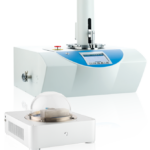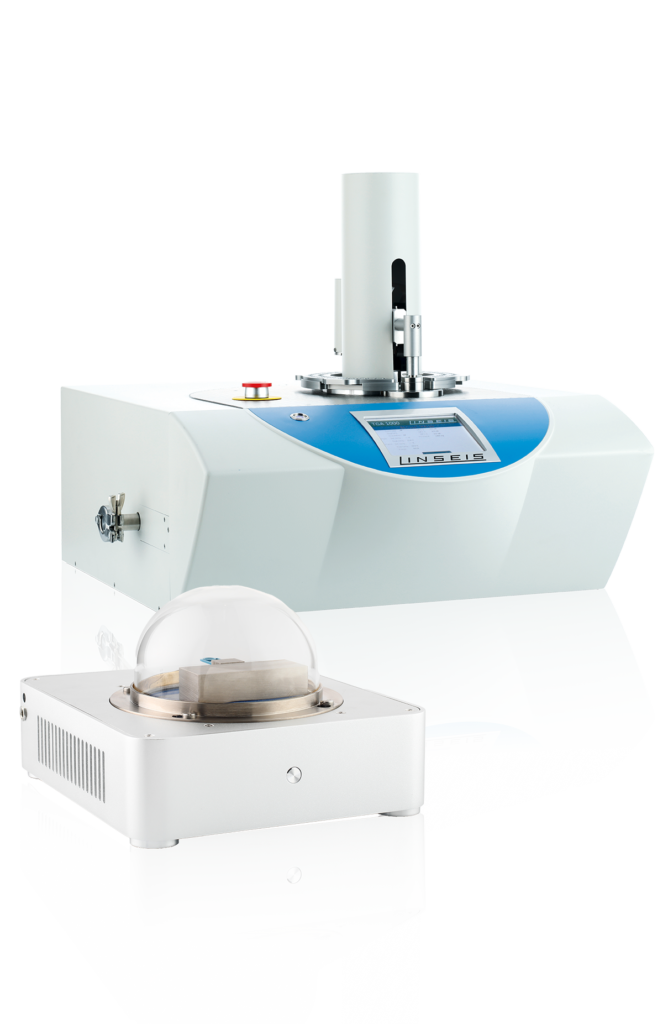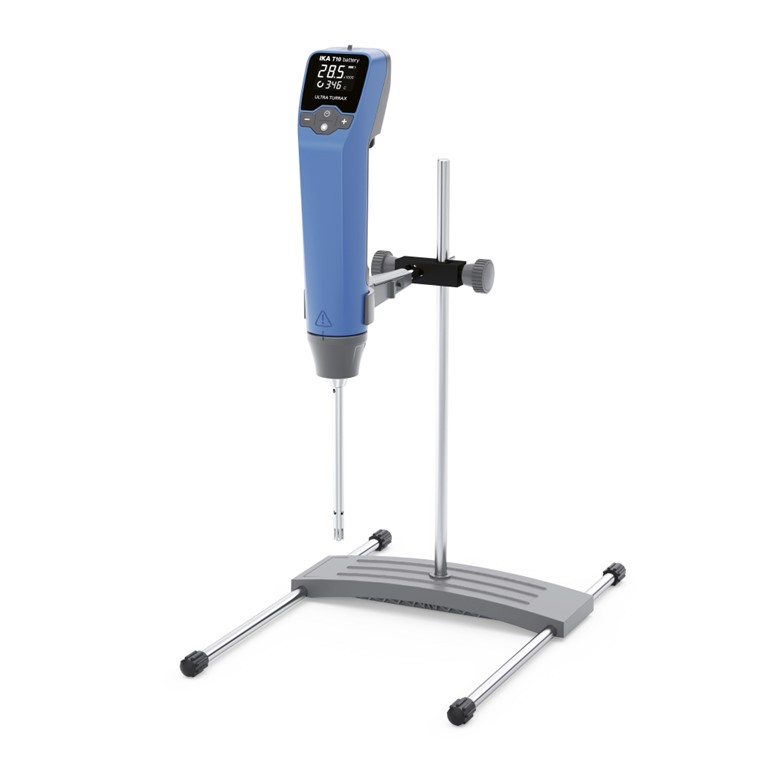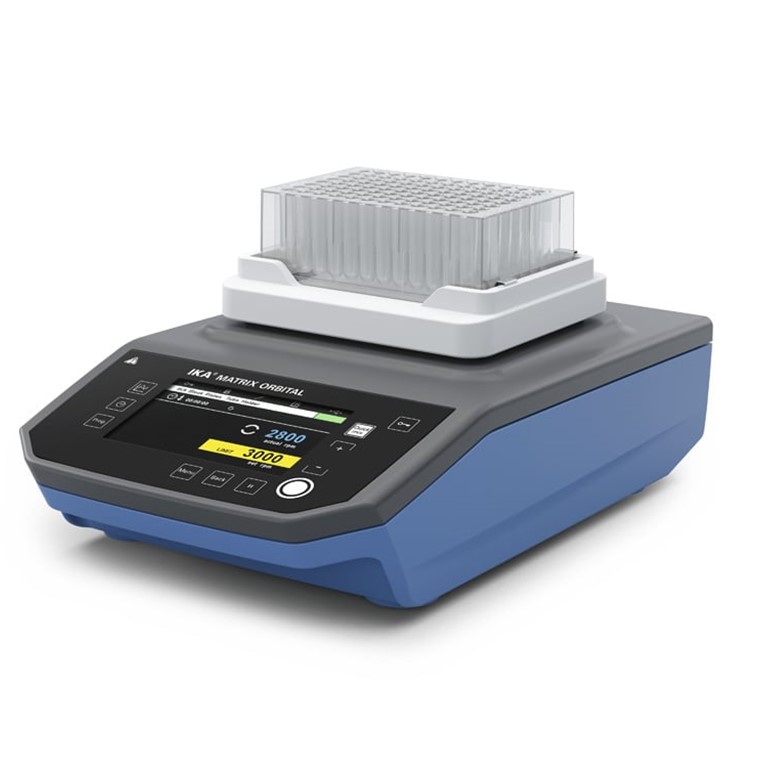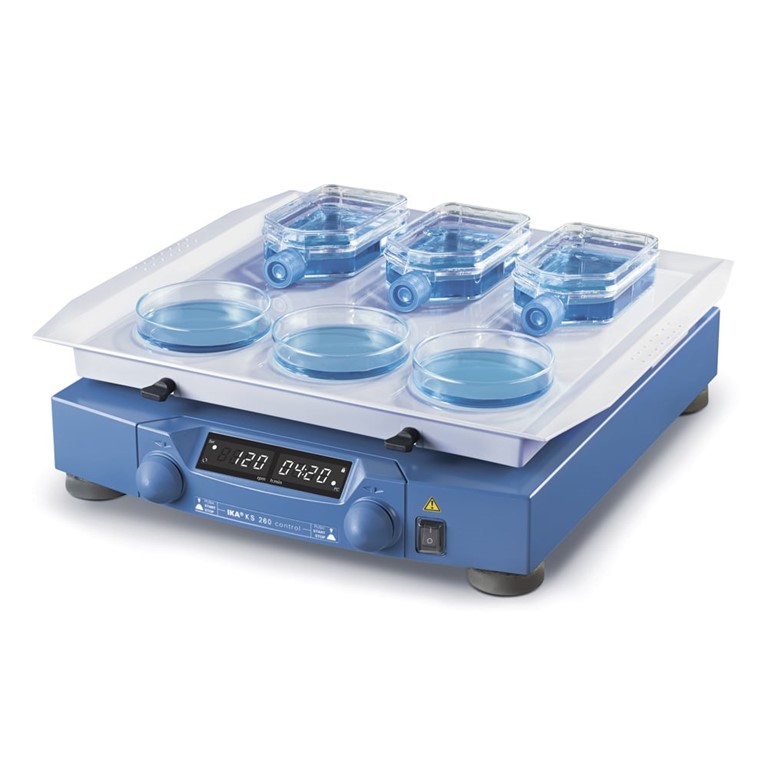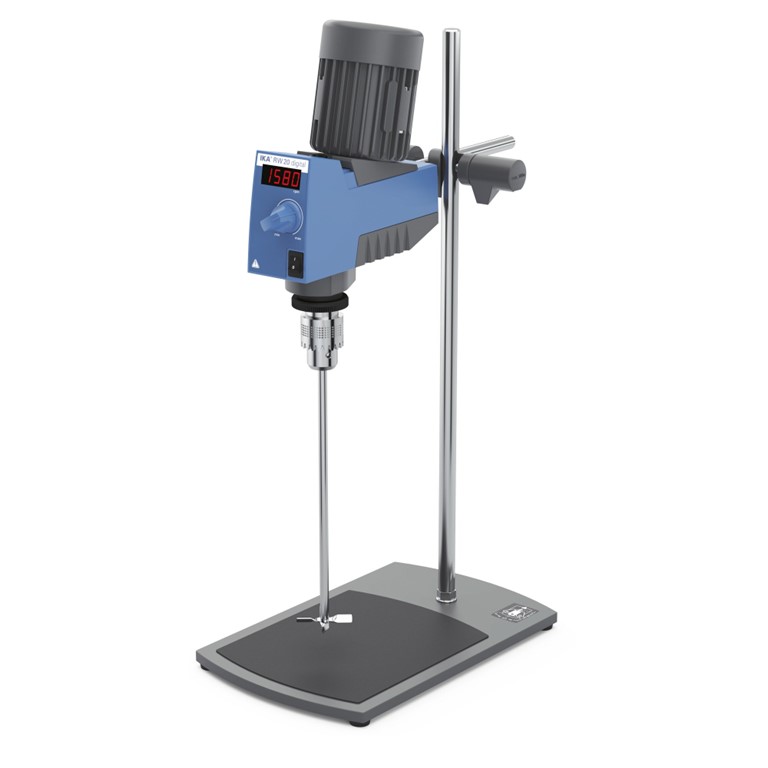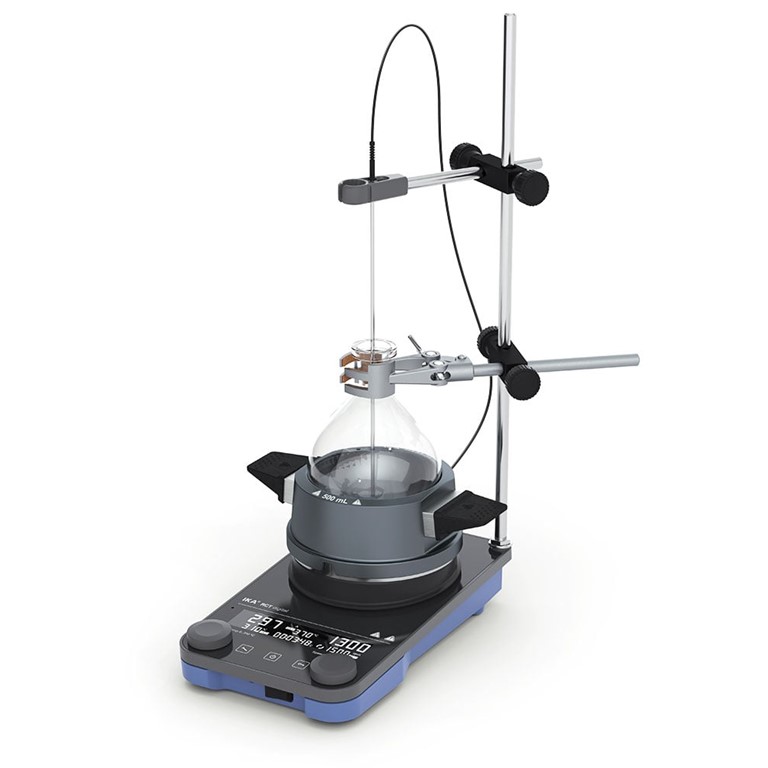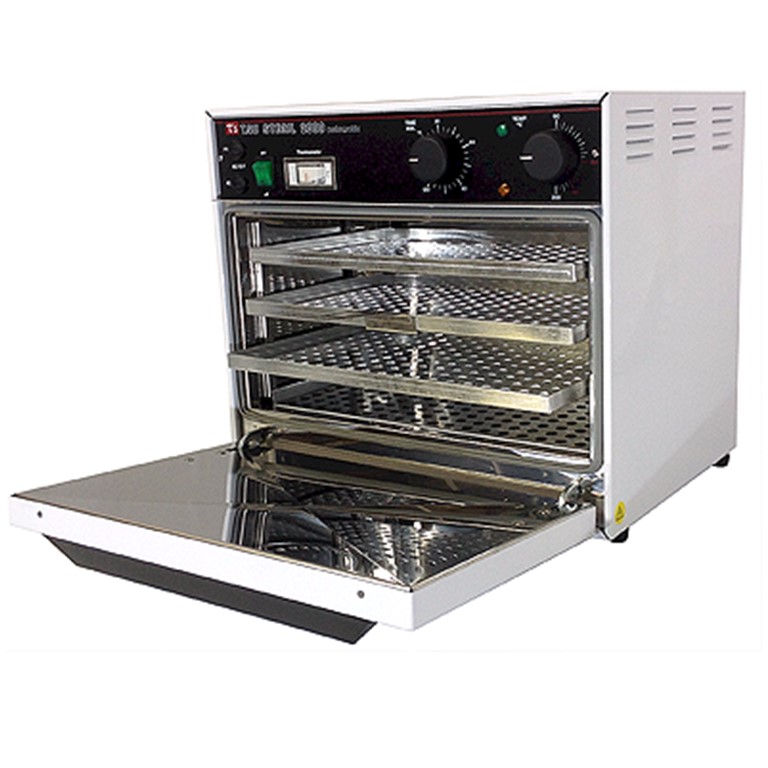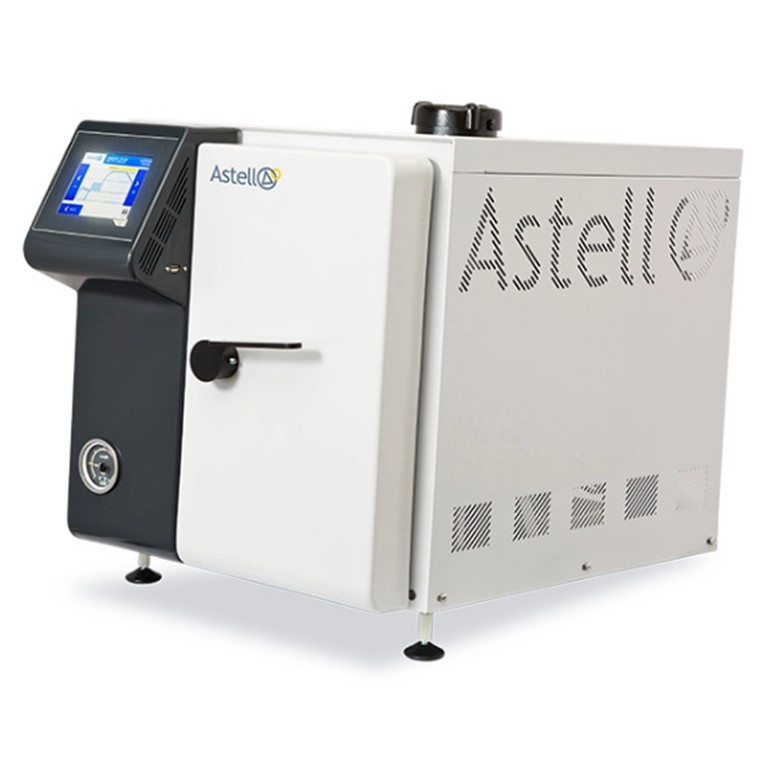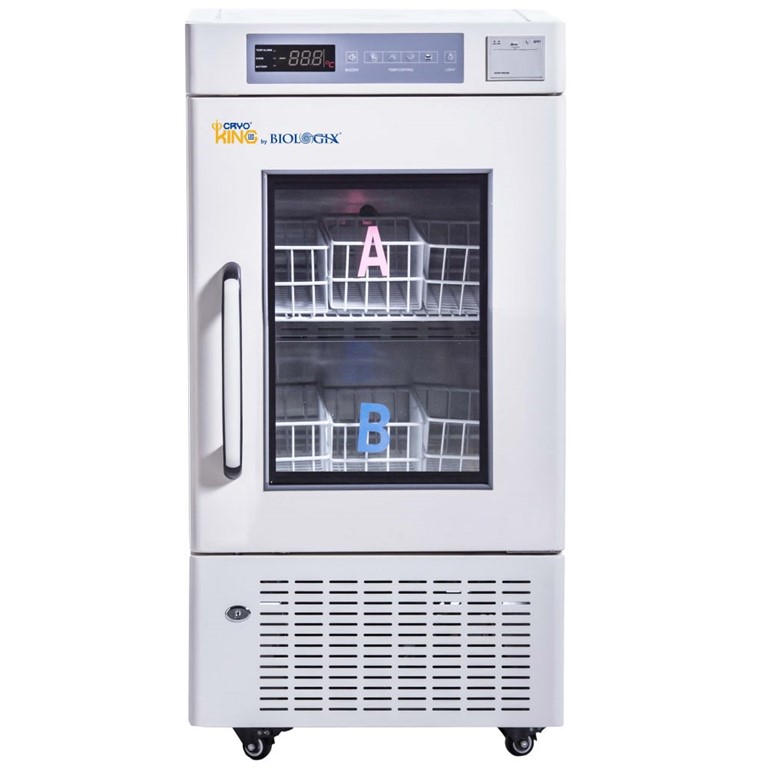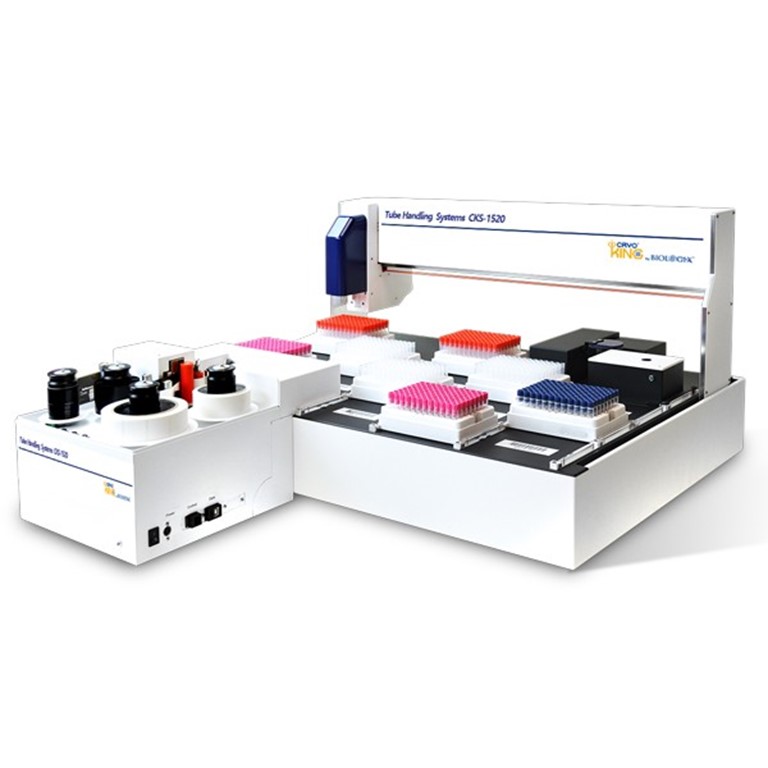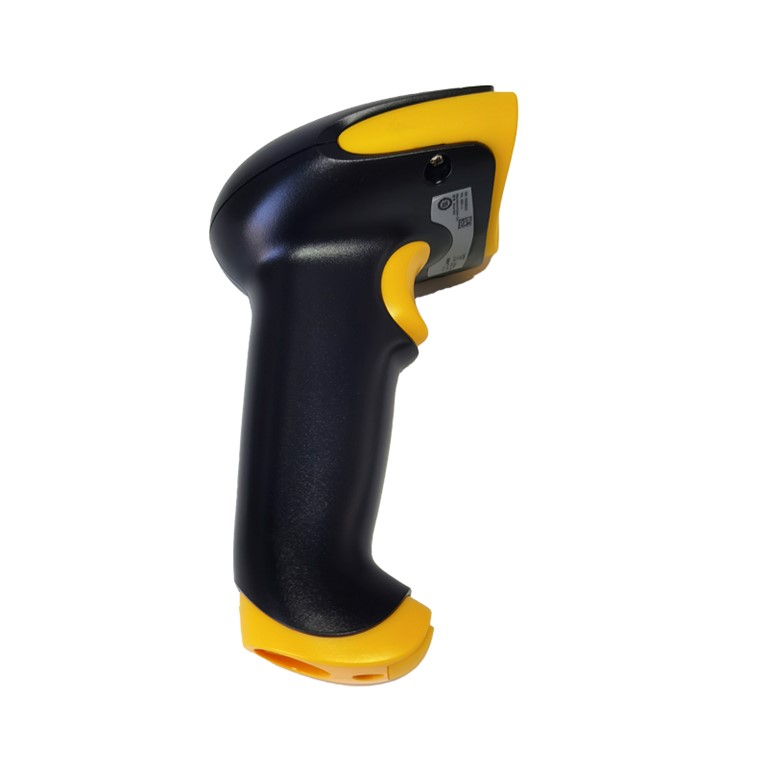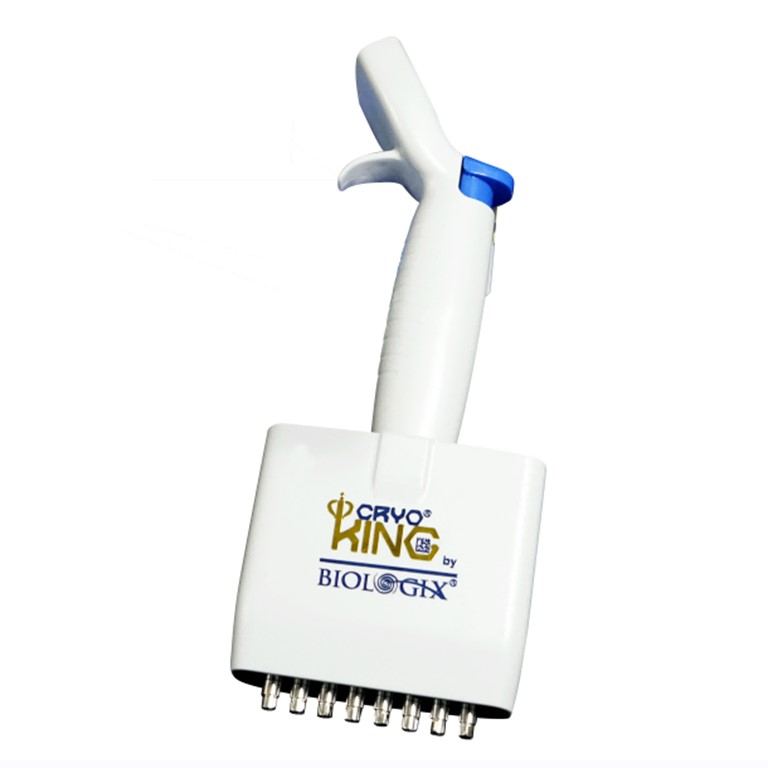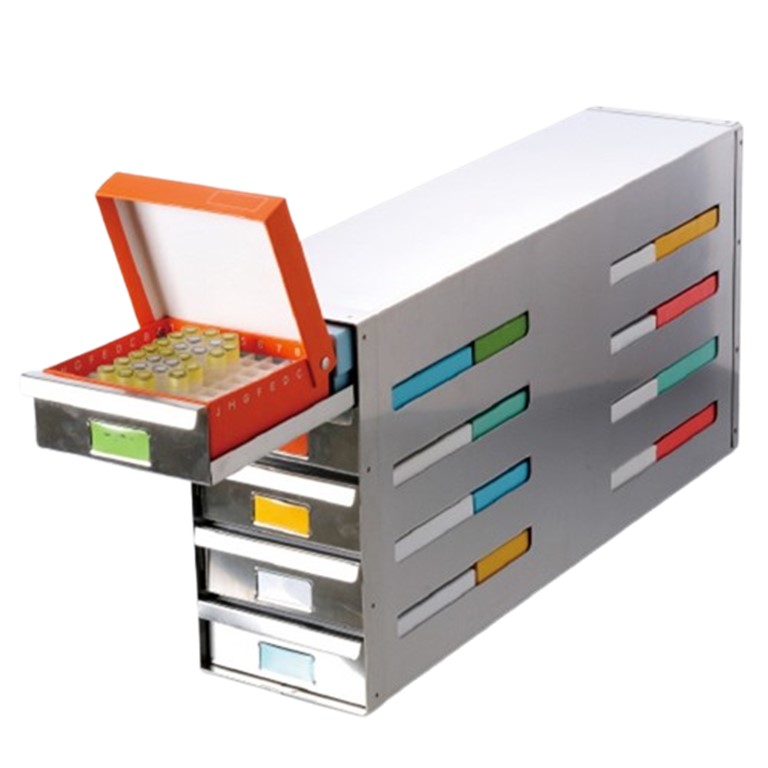Linseis – Διαφορική Θερμιδομετρία Σάρωσης (Differential Scanning Calorimetry – DSC)
Η Διαφορική Θερμιδομετρία Σάρωσης (Differential Scanning Calorimetry – DSC) είναι μια ευρέως χρησιμοποιούμενη μέθοδος για τον προσδιορισμό των θερμοκρασιών μετασχηματισμού και των μεταβολών ενθαλπίας στερεών και υγρών υπό ελεγχόμενες αλλαγές θερμοκρασίας.
Categories Αναλυτικός Εξοπλισμός, Θερμιδομετρία (Calorimetry), Θερμική Ανάλυση
Brand: Linseis
Περιγραφή
With many years of experience, Linseis has developed a range of differential calorimeters, including the Linseis Chip-DSC series, as well as the classic DSC PT 1000 and DSC PT 1600 models, to meet the diverse needs of research, development, and quality control. These calorimeters operate across a temperature range from -180°C to 1750°C and can withstand pressures of up to 150 bar.
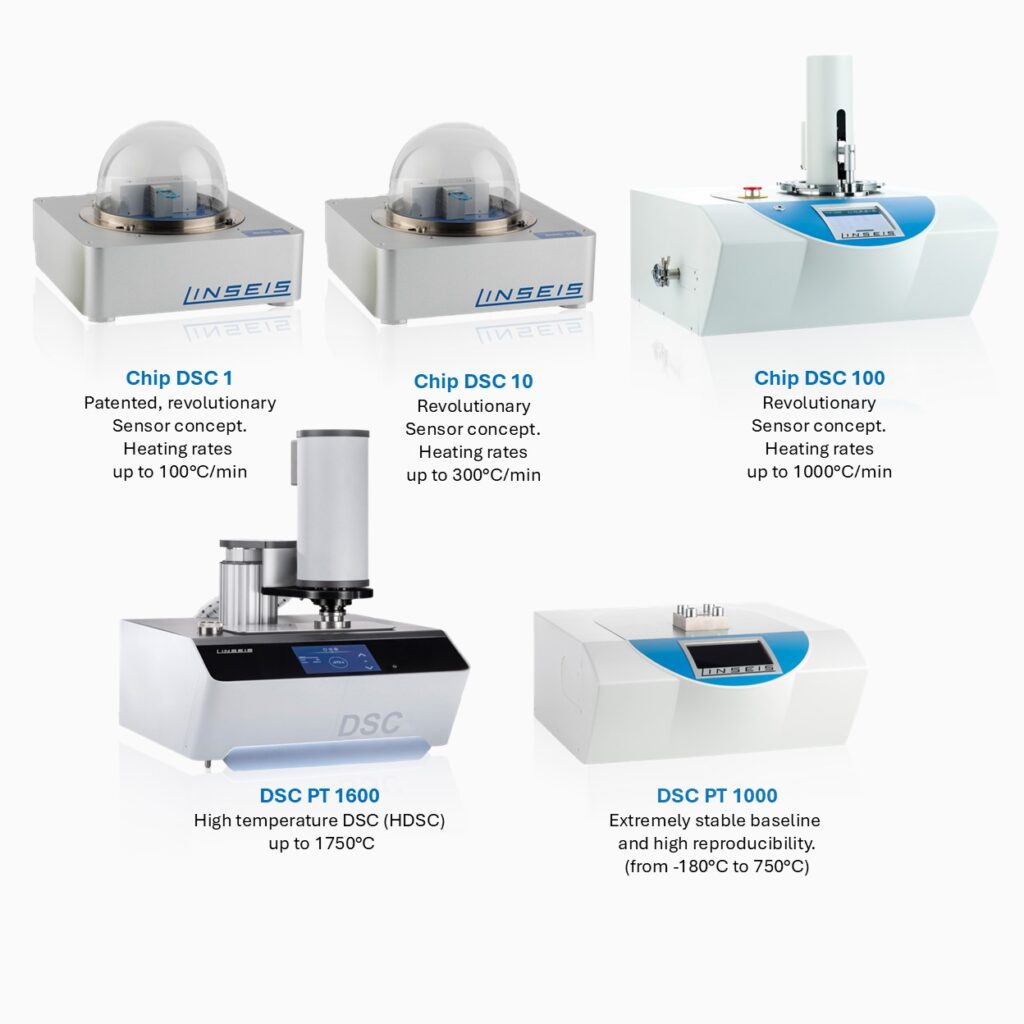
ΙΔΑΝΙΚΟ ΓΙΑ
Properties that are typically measured by Differential Scanning Calorimetry (DSC) include:
- Tg (Glass Transition Temperature)
- Melting point
- Crystallization
- Phase transformation
- Curing (hardening)
- Curing kinetics
- Thermal stability and oxidation stability
- Ageing processes
- Purities
- Specific heat (Cp) and thermochromism
- Solidus-liquidus curves
All Linseis Differential Scanning Calorimeters (DSC) operate in accordance with the following national and international standards: ASTM C 351, D 3417, D 3418, D 3895, D 4565, E 793, E 794, DIN 51004, 51007, 53765, 65467, DIN EN 728, ISO 10837, 11357, 11409.
ΧΑΡΑΚΤΗΡΙΣΤΙΚΑ
Properties
- Phase Transformations – Determination of melting and crystallization points, as well as phase transitions, by measuring the enthalpy change against temperature.
- Glass Point Determination – Measurement of the glass transition temperature (Tg) using high-resolution caloric detection.
- Measurement of Specific Heat Capacity (Cp) – Determination of the specific heat capacity (Cp) of solids and liquids using sapphire reference measurements.
- Enthalpy Determination of Chemical Reactions – Determination of the endothermic and exothermic enthalpy of reaction (ΔH) for chemical reactions.
- Measurement of Thermal / Oxidative Stability – Determination of the Oxidation Induction Time (OIT) under different gas atmospheres and pressures.
Possible Measurement Conditions of Linseis DSCs:
- Temperature Range: From -180°C to 1750°C
- Various Gas Atmospheres: Air, inert gases like nitrogen, helium, argon, etc.; reactive gases like forming gas, hydrogen, etc.; and vacuum.
- Pressure Range: From 10⁻⁵ mbar to 150 bar.
ΠΑΡΟΜΟΙΑ ΠΡΟΪΟΝΤΑ
Οι μηχανικοί ομογενοποιητές IKA ULTRA-TURRAX προσφέρουν υψηλής απόδ…
Οι θερμοανακινητήρες της IKA συνδυάζουν ανάδευση, θέρμανση και ψύξη σε μία…
Οι Ανακινητήρες Εργαστηρίου της IKA εξασφαλίζουν ακριβή και σταθερή κί�…
Οι Αναδευτήρες Overhead της IKA προσφέρουν αξιόπιστη και ισχυρή ανάδευση…
Οι μαγνητικοί αναδευτήρες της IKA προσφέρουν υψηλή ενεργειακή απόδοση,…
Οι κλίβανοι ξηρής αποστείρωσης TauSteril προσφέρουν αξιόπιστη και υψη…
Οι κλίβανοι αποστείρωσης της Astell Scientific διατίθενται σε μεγάλο εύ…
Υψηλής απόδοσης λύσεις αποθήκευσης για αίμα, δείγματα και φάρμακα, που κ…
Αυτόματο σύστημα για αναδιάταξη σωληναρίων, ζύγιση, ανίχνευση όγκου και �…
Υψηλής απόδοσης λύσεις σάρωσης για κρυογενικά φιαλίδια και ραφιά, που �…
Πολυκάναλη συσκευή για γρήγορο και εργονομικό άνοιγμα και κλείσιμο καπ…
Τα racks κατάψυξης έχουν σχεδιαστεί για οργανωμένη και αξιόπιστη απο�…

